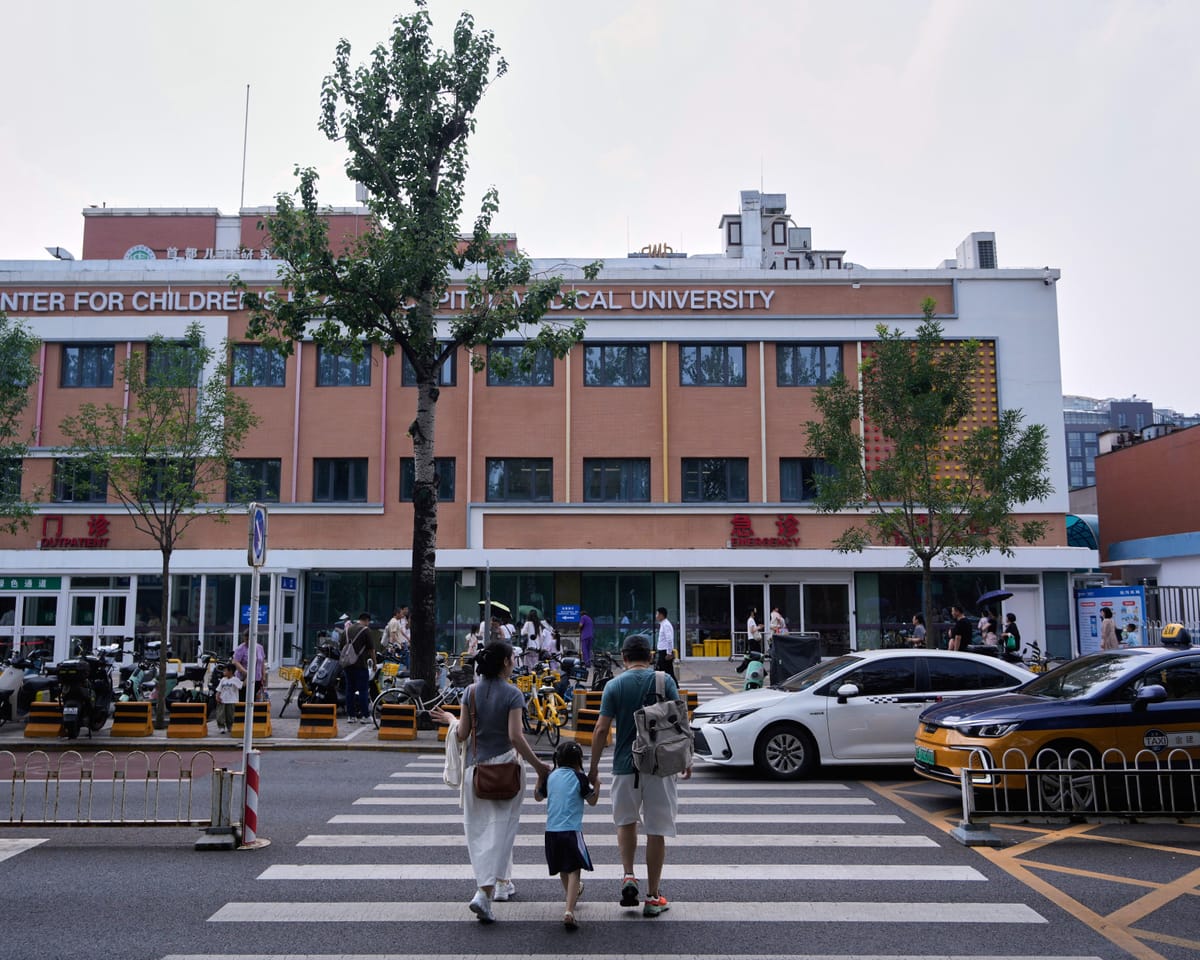Chinese authorities have detained six individuals and initiated disciplinary probes into nearly 30 others following the poisoning of more than 230 kindergarten pupils by food containing industrial-grade lead paint.
The incident, which took place in Gansu province earlier this month, stands as one of China’s most severe school food safety cases, drawing widespread attention. An inquiry conducted by the Gansu provincial party committee identified numerous failures in safety oversight, attempts to conceal the incident, bribes to authorities, and tampering with test results.
According to the report, the kindergarten’s principal sought to increase student numbers by altering the appearance of food served to children. The school’s cook purchased industrial-grade dye online and used it in meals despite labels stating it was unfit for consumption.
One dye contained lead levels 400,000 times above the legal safety limit. The report noted that the school had previously bought edible food coloring at a lower cost but opted for the more vivid hues.
Initially, 235 students were hospitalized after consuming the contaminated food. State media cited parents stating that children experienced stomach pain, nausea, and, in some cases, blackened teeth. Further tests confirmed elevated lead levels in 247 students, as well as staff, including the principal.
Six kindergarten employees, among them the principal, have been detained on suspicion of knowingly serving unsafe food. Investigations into 27 individuals linked to the school, hospital, and local authorities are ongoing.
The inquiry exposed flaws and mismanagement at nearly every stage. The Gansu Provincial Centre for Disease Control and Prevention reportedly mishandled the case, collecting samples improperly, leading to significant discrepancies between test results and actual contamination levels.
Additionally, the Tianshui Second People’s Hospital allegedly altered test results for at least two children to show lower lead levels than were detected. The report criticized the hospital’s disorganized management, lack of proper oversight, and insufficient training of staff.
Local education officials were accused of ignoring the unlicensed kindergarten—which charged high fees—and failing to conduct food safety inspections at private kindergartens for two years. The report also stated that officials overseeing preschool education were suspected of accepting bribes from the kindergarten’s main investor and others connected to the facility.
Read next

"UN rights officials call for leadership to label Israel's Gaza offensive as genocide"
Hundreds of UN Human Rights Staff Urge Leadership to Label Gaza Offensive as Genocide
A significant number of employees from the United Nations’ primary human rights body have endorsed an internal letter urging their leaders to recognize Israel’s military campaign in Gaza as genocide and to push member states

"Demonstrations break out in Indonesia after police car fatally strikes man"
Hundreds of Indonesians have gathered at locations across Jakarta to demonstrate following the death of a man struck by a law enforcement vehicle, marking the first major challenge for Prabowo Subianto’s administration, which took office nearly a year ago.
The victim, a motorcycle ride-hailing driver, was hit during clashes

"UN to halt Lebanon peacekeeping mission next year amid US, Israeli pressure"
The UN Security Council has extended the peacekeeping mission in Lebanon for another 16 months, though it will conclude by the end of 2026 following pressure from Israel and the US.
Council members unanimously approved the decision on Thursday to renew the mandate of the UN Interim Force in Lebanon

